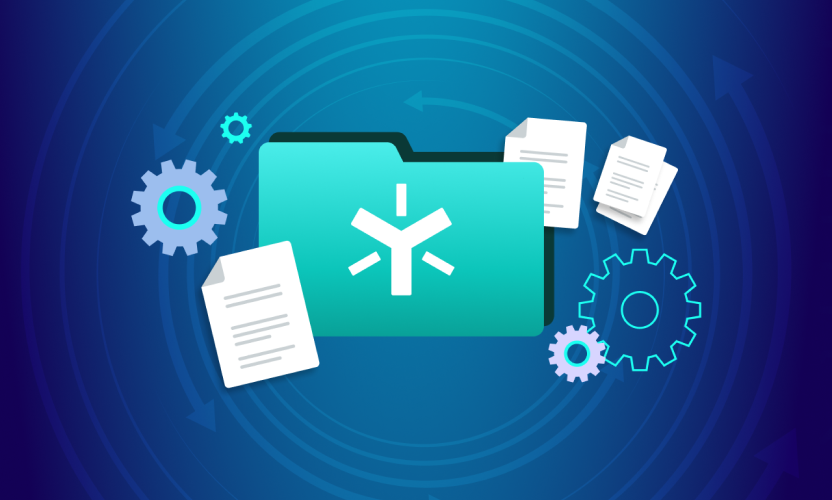5 Steps to Protect Yourself from Computer Data Loss
Until recently, Apple computer users could emphatically state that there were three certainties in life - death, taxes and the stability of Apple’s OS X. All that changed when news of the bug in Apple’s Snow Leopard system hit the cyberwaves.
Since Apple introduced their latest OS, Snow Leopard, many bugs have surfaced, including one that devours your data.
Apple acknowledged the problem and indicated that it affects only a small segment of users. A statement that offers little comfort if you happen to be one of the small segment who loses all of your data. The temporary fix offered by the company only works if users had a backup system in place prior to the data loss.
The Apple bug illuminates the need for computer users to take necessary steps to protect their data. Anyone who uses a computer, even a great one, is at risk for data loss. An operating system crash is only one cause of data loss. Others include, theft, user error, and lost media. While data loss may be rare for each individual, it only takes one instance to wipe out months, perhaps even years of irreplaceable data.
While data loss is largely discussed in the context of business, home users are equally, if not more at risk. Home users may lack the know-how to protect their system from data loss. A crash or theft could mean the loss of family photos or a music collection.
Below are 5 easy steps that every computer user can take to prevent data loss.Protect against power disturbances. Sharp voltage spikes are particularly dangerous and can wipe out your data. An Uninterruptible Power System (UPS) can safeguard your system.Backup regularly. Use online file storage to automatically backup your data. Egynte’s online file server provides continuous backup, backing up your files in the background during periods of low activity.
Invest in antivirus and spyware protection. Viruses and malware continue to plague computer users. Many users have found that a virus or hacking attack has been so pervasive that they had to buy a brand new system.
Protect critical files and applications. To prevent accidentally erasing crucial data, protect files and applications with a password. This can be especially important when computers are shared by multiple users.
Properly shut down your system. Be sure to properly shut down your computer. Close down applications and save your data before shutting down. Failure to do so could result in data loss, as some tasks and applications may continue to run in the background.
Data loss may not occur to individual users frequently but even one incident is too much when you lose important files and information.
Have you ever lost data? How did that loss impact you?





